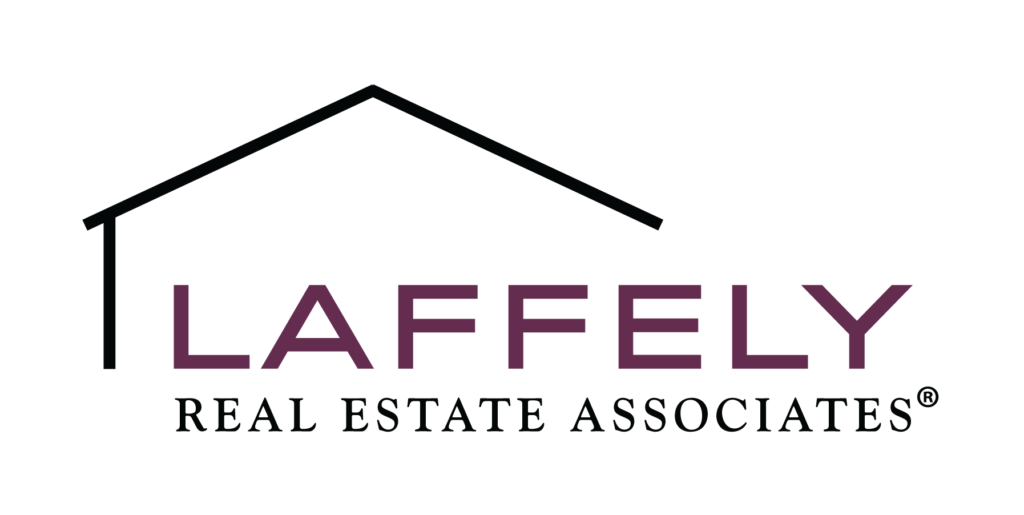Note: This article by Lawrence Yun has been reprinted from the Spring 2022 issue of Realtor Magazine, with permission of the National Association of REALTORS®.
Calmer Market Ahead
Expect some easing in sales, though prices will continue to inch higher
By Lawrence Yun (originally printed in the Spring 2022 issue of Realtor Magazine)
The past two years have been quite exceptional for real estate. Home sales boomed. Home prices rose at the fastest rate in modern times. However, such a strong housing market created growing pains. Inventory shrank to its lowest count ever. Even through the recent winter months, the inventory that has made it onto the market has typically attracted multiple bidders—and, increasingly, investors offering cash. Twenty-two percent of recent transactions were investor purchases, up from 15% a year ago, and 27% of transactions were cash-only deals, up from 19% a year ago. That’s putting a strain on first-time buyers. Moreover, mortgage rates are notably higher as the Federal Reserve moves from a quantitative easing monetary policy, quickly buying up mortgages, to what is in essence a quantitative squeezing that does the opposite. With all this in mind, what’s ahead?
Let’s begin with the jobs picture. Although the unemployment rate is back to normal at 4%, the economy is still short by nearly 3 million jobs compared to before the pandemic. But that hasn’t held back housing sales. Existing-home sales reached 6.12 million in 2021, the best since 2006. The median home price reached an all-time high of $347,100, a one-year gain of 16.9%.
A few states actually have more jobs now than before the COVID-19 days. They are Utah, Idaho, Texas, Arizona, Georgia, and Montana in order of performance. Those are also the states experiencing extra strong real estate activity, both in residential and commercial markets. Jobs are important.
What now, given the diminishing pandemic— fingers crossed—and rising mortgage rates? Office workers will need to get back to the office. Maybe the new work model will be some form of hybrid, with a few days each week spent in the office. This still means locational choices do not have to be inherently dependent on big-city downtowns. It’s fine to live farther from the city, given less time spent on the commute. Higher mortgage rates, though, will lock out some would-be buyers. In very high-cost areas, the increase means about $500 more in monthly mortgage payments for the typical borrower. Consequently, home sales will come down 2% to 4% in 2022. If inflation remains stubbornly high and the Fed is forced to be even more aggressive, then home sales could fall by as much as 10%.
Prices will keep rising, though, since getting to a balanced market will take time. The turnaround may occur by the middle of the year. Expect calmer home price gains of 3% to 6% per year in 2022 and 2023.
Reprinted from REALTOR® Magazine by permission of the National Association of REALTORS®. Copyright 2022. All rights reserved.
Photo by Sonja Langford on Unsplash
About the Author: Lawrence Yun
Chief Economist and Senior Vice President of Research at the National Association of REALTORS®
Yun oversees and is responsible for a wide range of research activity for the association including NAR’s Existing Home Sales statistics, Affordability Index, and Home Buyers and Sellers Profile Report. He regularly provides commentary on real estate market trends for its 1.3 million REALTOR® members.
Dr. Yun creates NAR’s forecasts and participates in many economic forecasting panels, among them the Blue Chip Council and the Wall Street Journal Forecasting Survey. He also participates in the Industrial Economists Discussion Group at the Joint Center for Housing Studies of Harvard University. He appears regularly on financial news outlets, is a frequent speaker at real estate conferences throughout the United States, and has testified before Congress. Dr. Yun has appeared as a guest on CSPAN’s Washington Journal and is a regular guest columnist on the Forbes website and The Hill, an “inside the beltway” publication on public affairs.
Dr. Yun received his undergraduate degree from Purdue University and earned his Ph.D. from the University of Maryland at College Park.







